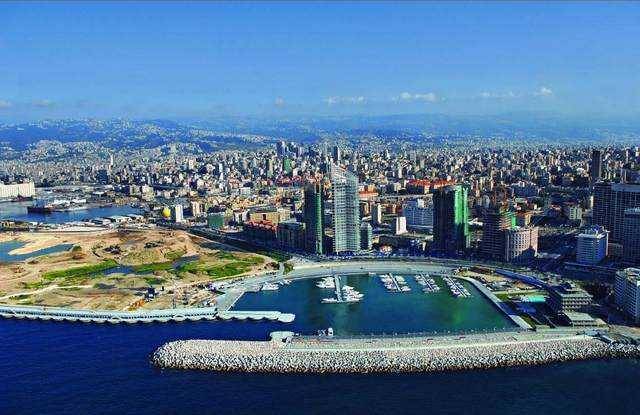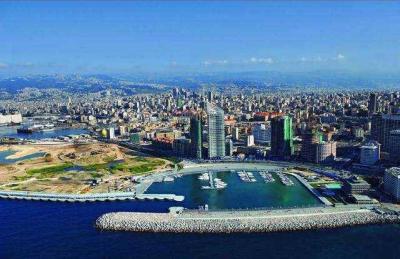This year's holidays appear timid in the face of the numerous challenges that begin at the southern borders and do not end at every home and family, struggling to withstand the difficulties and obstacles besieging them. However, the Lebanese, known for their love of life and resilience, do not miss the chance to celebrate any holiday. After celebrating Christmas, they are also preparing to revive New Year's Eve, steadfastly pushing against the current towards life with strength, determination, and resilience.
Hotels, restaurants, and cafes, which are considered the backbone of the economic activity in the country, are preparing to kick off a season anticipated to bring blessings and the "generosity of customers' wallets" to their owners and operators, despite the exaggeration that this year there is no celebration, no reservations, and no flights landing in Beirut amidst a multitude of crises and the looming threat of war. Jean Beiroti, Secretary-General of the Tourism Syndicates Union in Lebanon, confirmed in an interview with "Nidaa El Watan" that the reservation rate in restaurants and cafes leading up to the festive season was very good, with high attendance, while hotel bookings remain very low. Hopes hang on improvements in the hotel and car rental sectors after December 25.
Regarding tourism activity, Beiroti stated that "last year, more than 350,000 people arrived in Lebanon in December, while this year we hope to reach 200,000, but in light of the poor conditions we are experiencing, this is the most we can hope for." Despite daily threats from Israel and ongoing travel warnings, Rafik Hariri International Airport is experiencing significant congestion, similar to last summer's season, which was bustling with expatriates and newcomers from various Arab and foreign countries.
However, despite the influx of a large number of expatriates, hotel bookings for this year remain "catastrophic," according to Pierre Ashkar, head of the Lebanese Hotel Owners Association. He attributes this to the fact that most of the arrivals are Lebanese, with many homes open to welcome them, leading to them staying at home. Therefore, it can be said that most arrivals chose to come to Lebanon for ten days: five days to celebrate Christmas, which usually has low booking rates as travelers prefer to stay with family, and five days to spend New Year’s Eve. Here, it can be confirmed that in popular and remote areas away from Beirut, bookings might be good, but as of now, there are no large parties in Lebanon, only a handful that can be counted on one hand, particularly in large hotels that could host around 1,000 people.
In the event of snowfall between Christmas and New Year, Ashkar confirms that "tourist mountain areas like Faqra, Faraya, Laklouk, and the Cedars could see wide attendance, and in this case, hotels can operate between two and four nights at most."
With a broader perspective on the situation in Lebanon, Ashkar sees that "the situation remains bad, and when we want to assess the tourism sector and the state of the country, we must not overlook that the economy of Lebanon is a priority, and undoubtedly the arrival of expatriates will stimulate the economic wheel and raise traders’ incomes, which increase significantly at the end of each year, constituting 30% of their total sales over the year."
As for the tourism aspect, Ashkar believes that "restaurants, cafes, entertainment venues, and car rental offices will benefit from this situation and the arrival of the 'expatriate tourist,' unlike hotels and furnished apartments, which will not be in a good state." He pointed out in this regard that Airbnb competes significantly with hotels and must be organized and regulated.
In comparison to last year, Ashkar summarizes the prevailing situation in the hotel sector as "disastrous," pointing out that the number of Arab arrivals is very weak, observing a minimal number of Iraqis, stating that "the country is at war and is not celebrating the holidays." He regretted through our channel that the organization of New Year's Eve parties this year is limited to just 5 or 7 hotels, compared to 70 to 100 hotels in previous years.
All eyes remain on expatriates and skiing enthusiasts to rescue the hotel sector from the depths of despair and to maintain Lebanon's tourist facade so that our hotels become "full" as our restaurants do, for the Lebanese have not accustomed themselves to living in such dark conditions in which Lebanon currently struggles, amidst economic, social, and political crises, not to mention the fear of the war expanding in the south.




